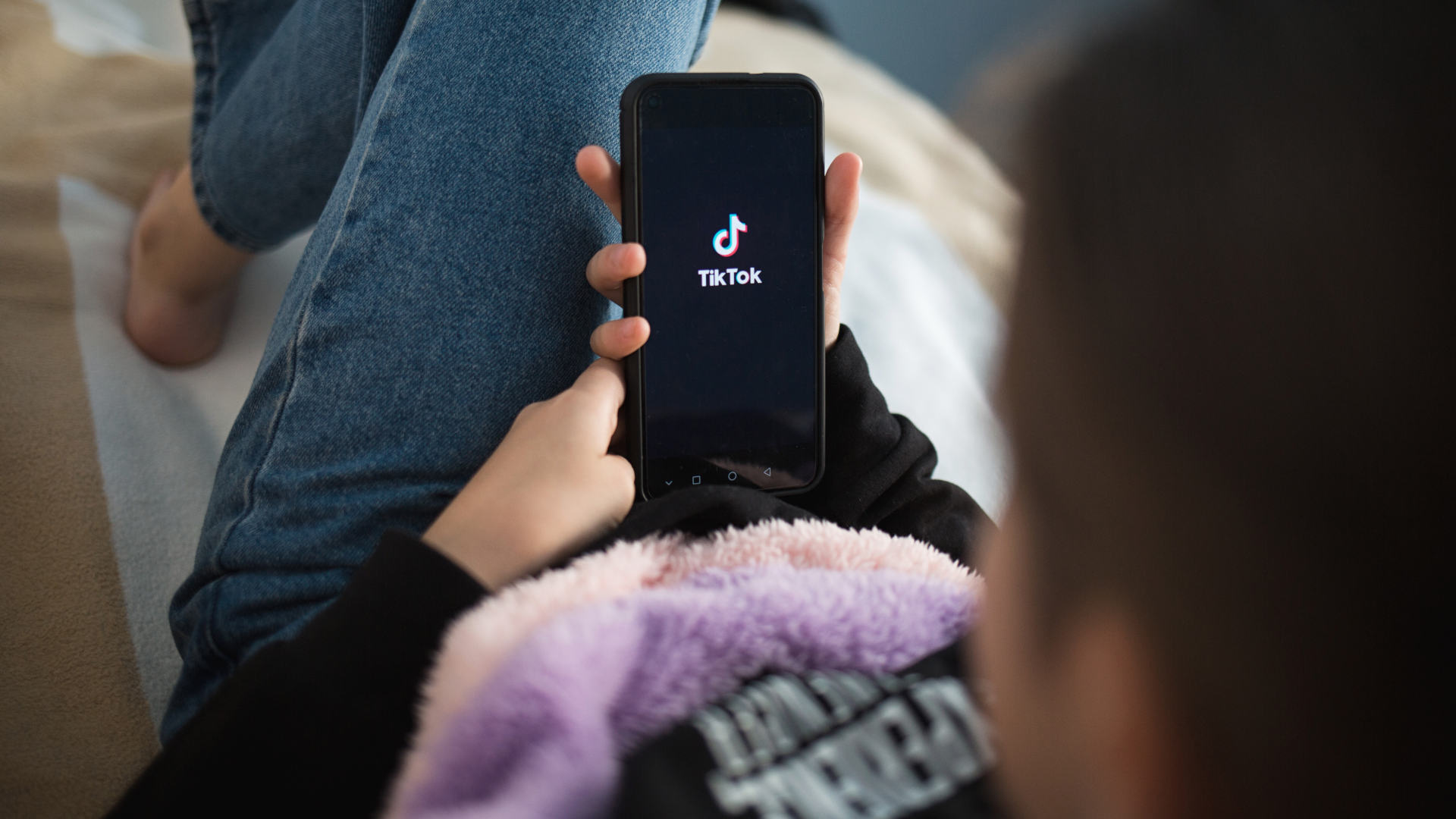Keeping an eye on workers is a big deal these days. With more people working from home, bosses use tech to watch what workers do. Watching workers can help them do better work. It also keeps company secrets safe. But watching workers too much is not fair. Bosses need to think hard about how to watch workers the right way. This article talks about the rules and ethics of watching workers. It shows the good ways and bad ways of doing it.
Understanding Employee Monitoring
Tracking workers’ tasks is done through tools. Software watches computer use. Email is checked. Cameras record video. GPS tracks company cars. The best employee monitoring software like Controlio is a big tool for 2024. It has many features to see what workers do. Teramind, Hubstaff, and ActivTrak are other tools too. The goal is to help workers be productive. It makes sure rules are followed. It protects important information from leaks.
Legal Considerations
Privacy Laws
Laws differ between places on how bosses can watch workers. Some rules guard people’s private info. In Europe, for instance, the GDPR has strict rules on collecting and using private data. Under the GDPR, bosses must have a good reason to watch workers. They must also tell workers about the kind and amount of watching.
Privacy rules are not the same in America. An old law called the Electronic Communications Privacy Act gives some protections against spying on digital messages. But, it lets bosses check employee messages if they give notice. State laws add more rules for monitoring workers. Some states say bosses need clear approval from employees to check their messages and calls.
Consent and Notification
Getting employees to agree is a big legal thing. Many laws say you must tell employees about watching them. You must get their okay before watching them. Being open helps build trust. Employees need to know the watching rules. Sometimes their actions can mean they agree. But it’s better to get their written okay. That way there won’t be any legal fights later.
Ethical Considerations
Balancing Interests
It is important for businesses to be fair when watching their workers. Too much watching can make the workplace feel unfriendly. This can ruin the trust between the business and its workers. Businesses should only collect information that is needed for their work. For example, reading work emails is okay. But reading personal emails would be unfair.
Purpose Limitation
Keeping an eye on things should happen for a reason. It should match what a business needs. Bosses should not use tools to look at things the tools were not meant for. For instance, using Controlio to check on how much work gets done is okay. But using it to look at private phone calls or social media would be wrong. Clear rules should say what can and cannot be looked at.
Implementing Fair Monitoring Practices
Developing a Monitoring Policy
It is crucial to have clear rules for checking activities. These rules show what will be checked, why it needs to be checked, how the information will be used, and how employee privacy will be protected. The rules must also explain when checking will happen, like during work hours or only on company devices.
Employee Involvement
Employees should be part of creating rules for watching work. Companies should explain why watching is needed. Watching can help the company and employees. Training on tools like Controlio can show employees how watching works. Explaining prevents misunderstandings about watching.
Data Security and Access
Protecting watched information is very important. Bosses must use strong security steps to keep the data from monitoring tools safe. Only certain people should be able to access this data, and there should be clear rules for how data is stored, accessed, and gotten rid of. Regular checks and reviews of monitoring practices can help find potential security risks and make sure legal and ethical standards are followed.
Addressing Potential Pitfalls
Over-Monitoring
Employee monitoring is common but too much can be harmful. Workers may feel stressed and lose trust if watched too closely. Employers should only check what is needed for work goals. It’s also good to ask workers how monitoring affects them. This feedback helps spot issues and lets bosses change monitoring as required.
Misuse of Data
Misusing data from monitoring is a big worry. Data gathered from monitoring should only be used for reasons in the monitoring policy. Employers must not use this data for other things, like judging personal actions or making job decisions based on non-work activities. Having strict rules and oversight can help stop misuse of data and protect employee rights.
Conclusion
Keeping an eye on workers is not easy. Bosses must think about laws and ethics. They need to know the privacy rules. They should get proper agree from workers. They must use fair ways to watch workers. This balance helps bosses take care of business while still respecting workers.
The best employee monitoring software like Controlio can be helpful. But bosses must use them properly and ethically. The key is building trust at work. Monitoring should benefit everyone, not control people. Bosses should create a place where watching workers is seen as good for all, not just the boss.
FAQs
Can bosses watch their workers?
Yes, companies can observe employees in many places, but they must follow privacy rules. Workers typically need to know and agree to monitoring.
How can employers balance watching workers with privacy?
Employers should have clear monitoring policies focused only on what is needed. They must be open about monitoring and get workers’ consent. This respects privacy.
What ethical issues come from watching workers?
Key concerns are too much monitoring, misusing worker data, and losing trust. Companies must use monitoring responsibly and openly to address these concerns.
Keep an eye for more news & updates on Internalinsider.com










